Sous Chef / Chef de Cuisine Duties And Responsibility
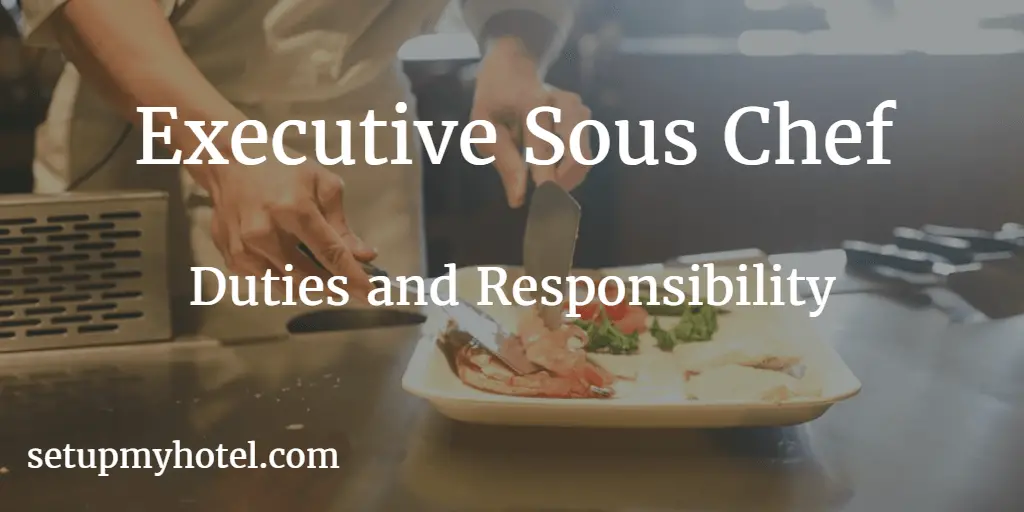
Job Description, Duties, Interview Questions and Salary for Executive Sous Chef As an Executive Sous Chef, you will be responsible ...
Read more
27 Duties And Responsibility Of Pastry Chef / Head Baker
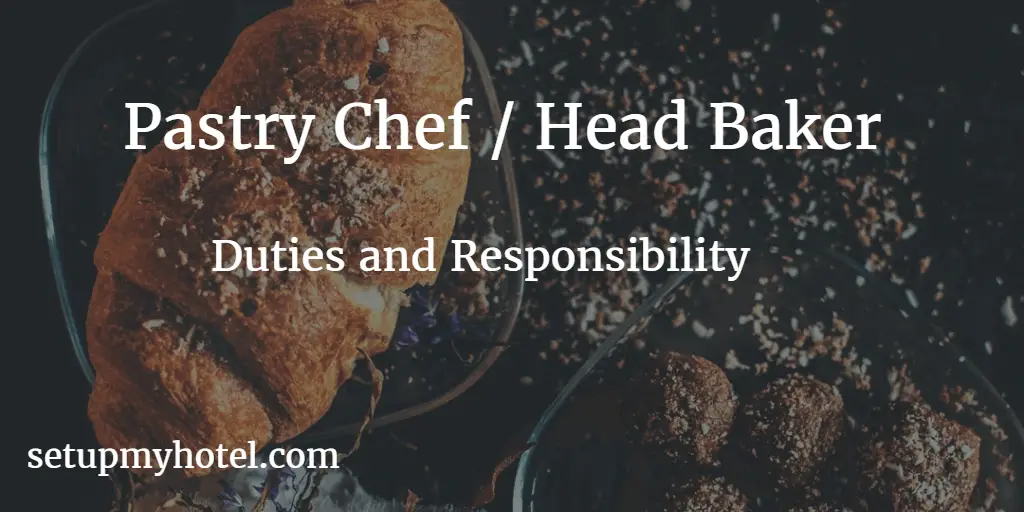
Job Description, Duties, Interview Questions and Salary for Pastry Chef A pastry chef is a professional in the culinary arts ...
Read more
Commis III Job Description

Job Description, Duties, Interview Questions and Salary For Commis III As a Commis III, you will be an important member ...
Read more
39 Duties And Responsibility Of Banquet Chef | Catering Chef
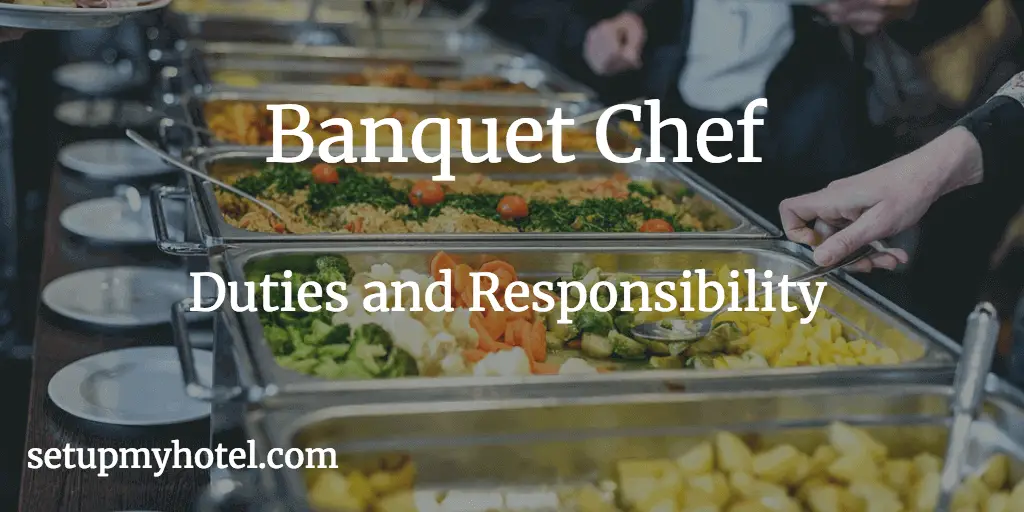
Job Description, Duties, Interview Questions and Salary for Banquet Chef As a Banquet Chef, you will be responsible for overseeing ...
Read more
Short-Order Cook Duties And Responsibilities

Job Description, Duties, Interview Questions and Salary For Short-Order Cook A short-order cook is responsible for preparing meals quickly and ...
Read more
37 Duties And Responsibility For Executive Chef

Job Description, Duties, Interview Questions and Salary for Executive Chef Position An executive chef is a highly skilled culinary professional ...
Read more
23 Basic Pastries, Cakes And Desserts For Bakers And Pastry Chef

Basic Pastries, Cakes and Desserts For Bakers and Pastry Chef Baking is a wonderful way to express creativity and satisfy ...
Read more
Types Of Stock – White | Brown | Vegetable | Fish
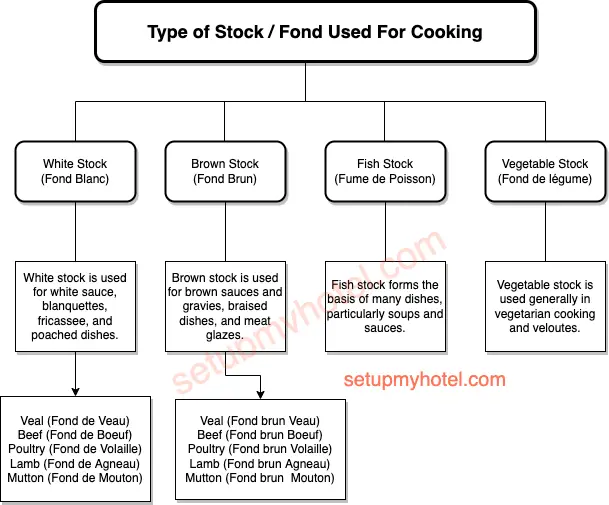
Types of Stock – White | Brown | Vegetable | Fish When it comes to cooking, the type of stock ...
Read more
Types Of Broth – How It Is Made? | Broth Vs Stock
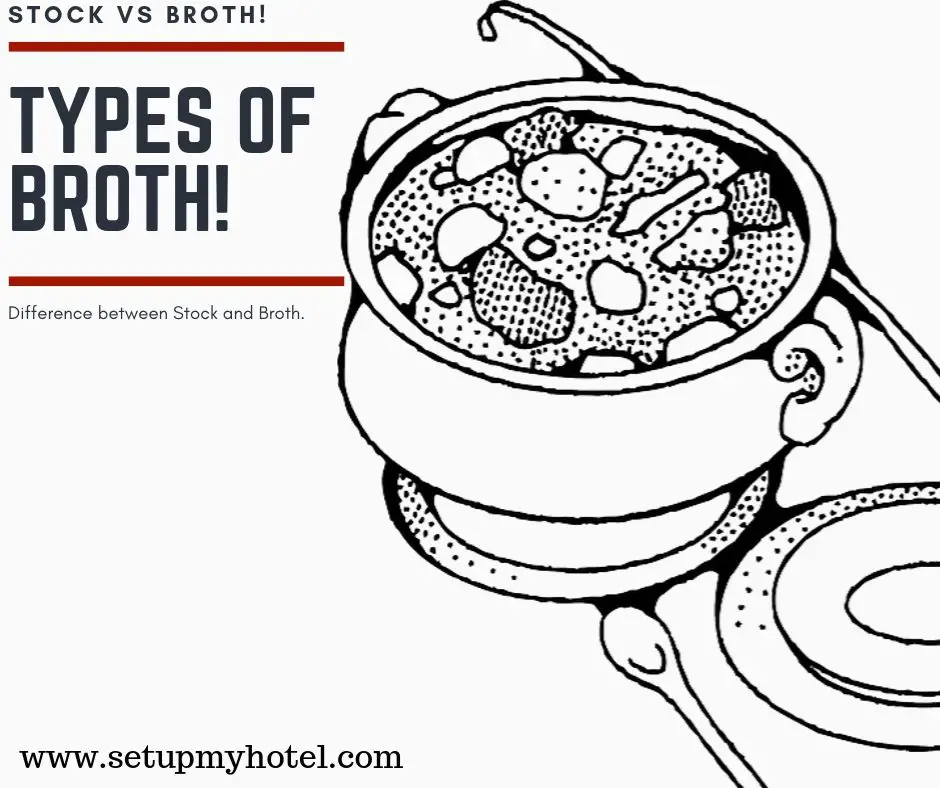
What is Broth? How does it differ from Stock? Broth and stock are similar in technique and cooking time. Meat, ...
Read more
Stock Thickening And Binding Agents Used In Hotel Kitchen
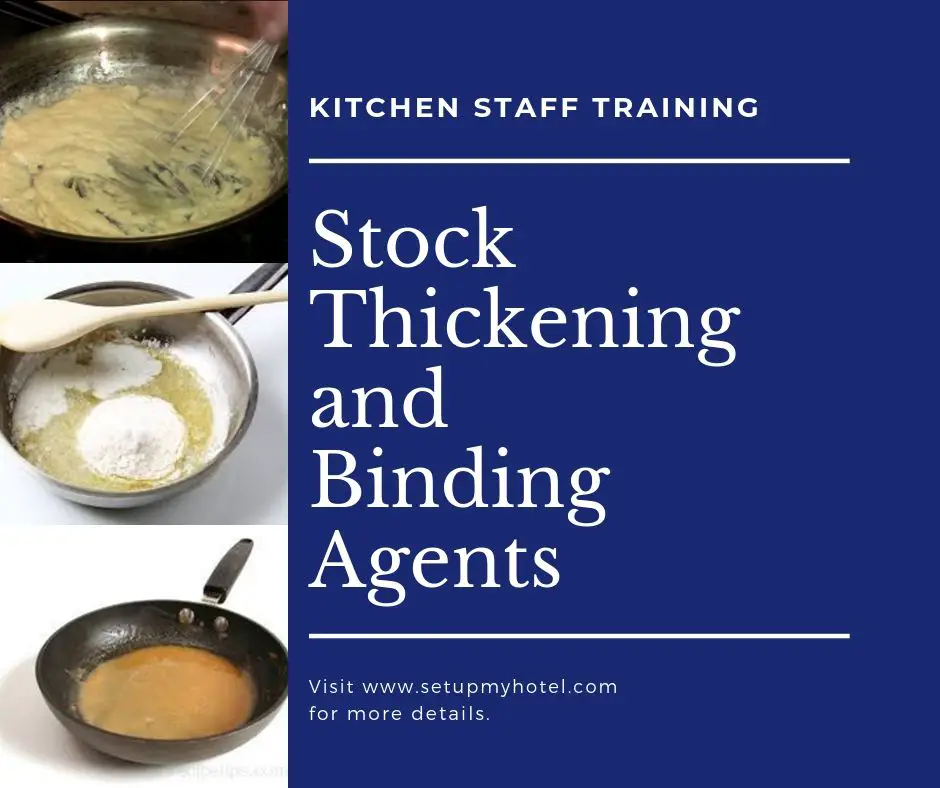
Standard Stock Thickening and Binding Agents Thickening agents give body, consistency, and palatability when used. They also improve the nutritive ...
Read more









